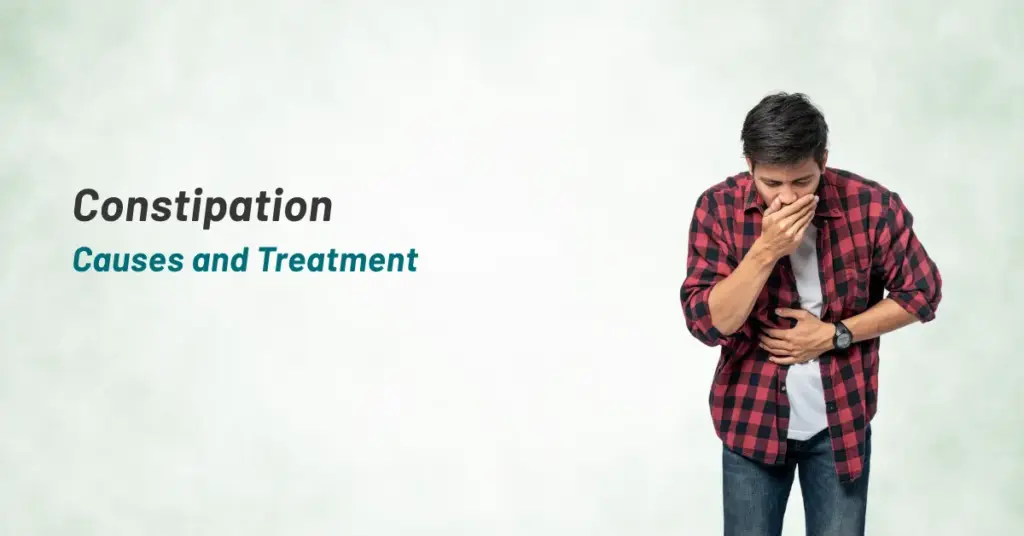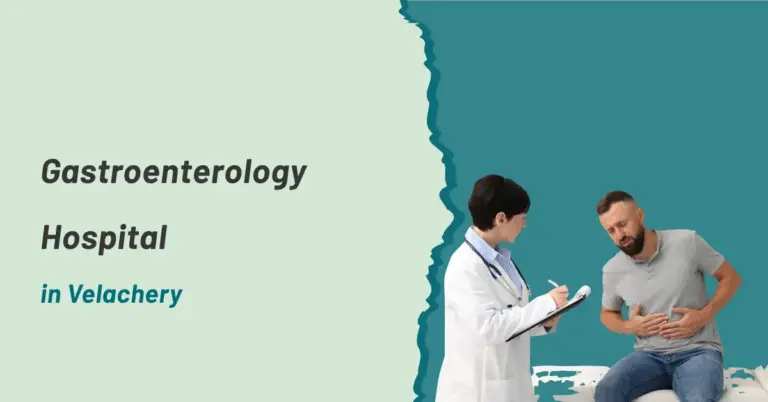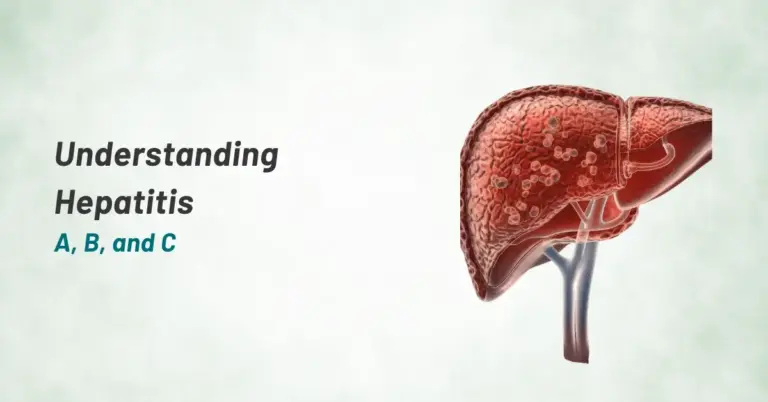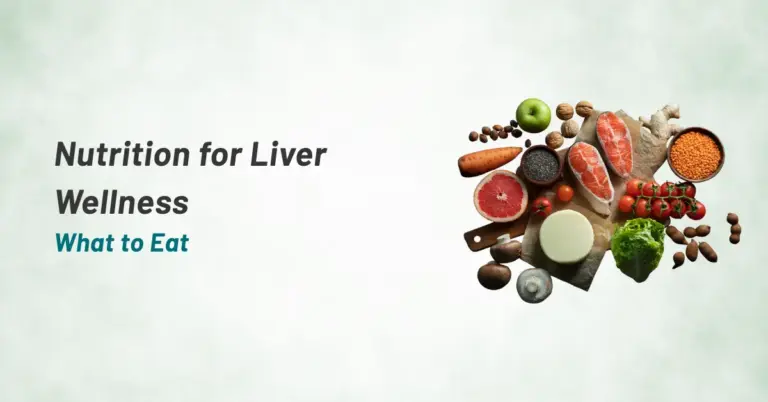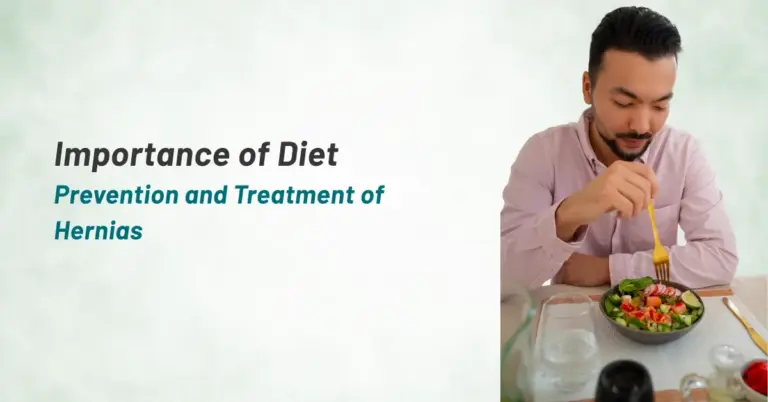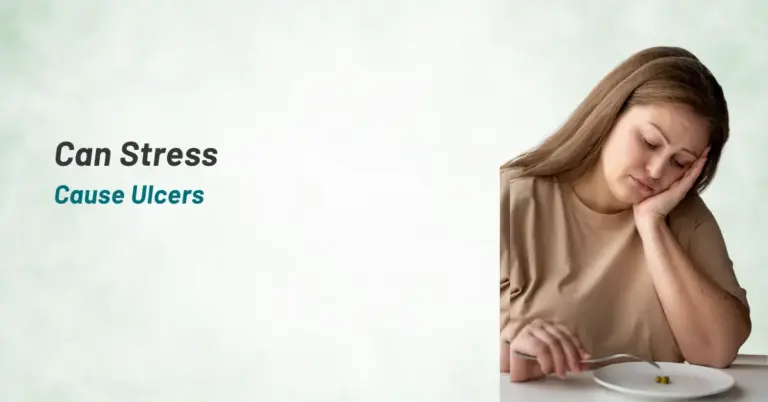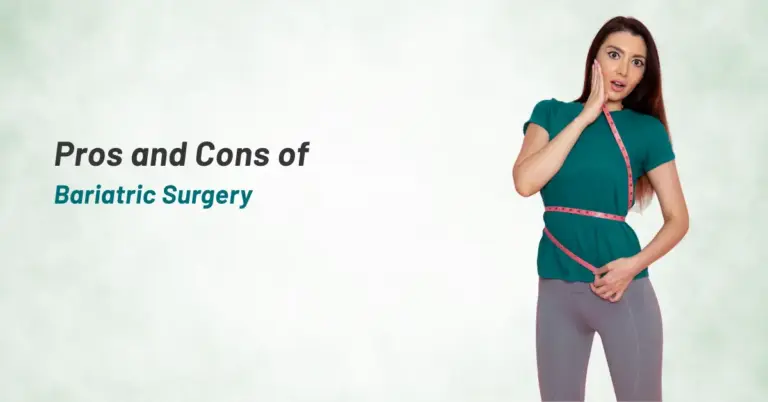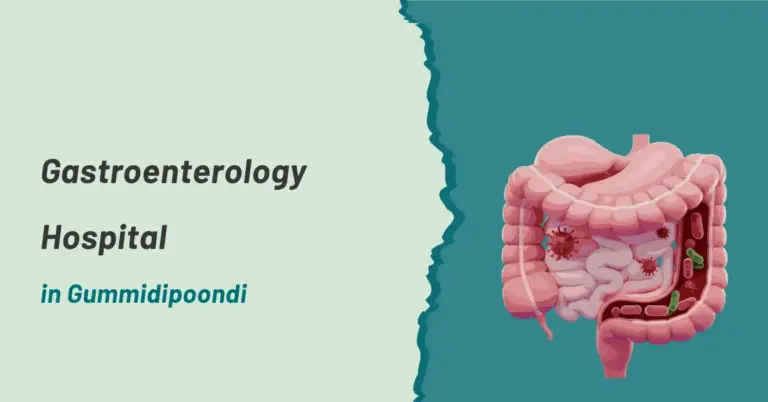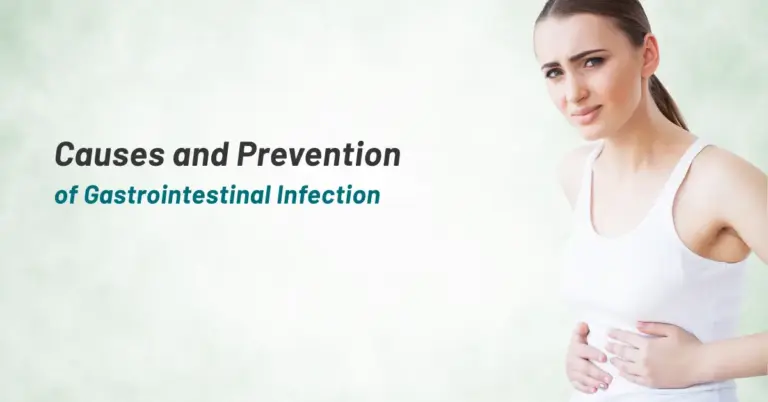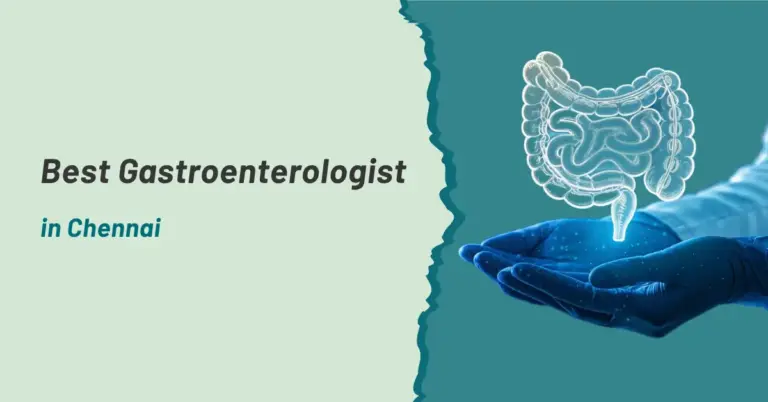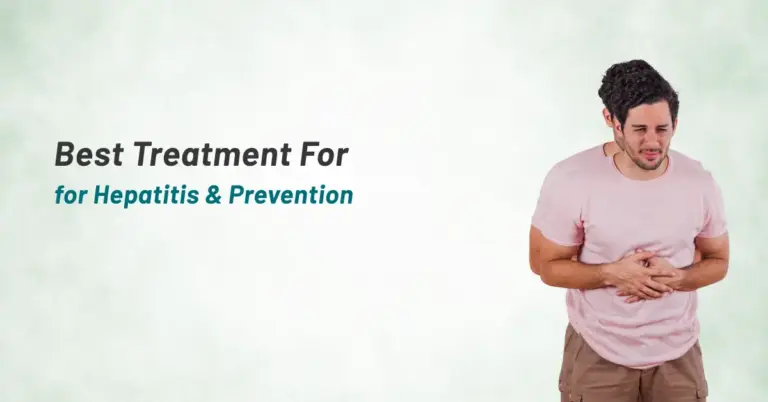Constipation is a common digestive issue characterized by infrequent bowel movements, difficulty passing stools, or a sensation of incomplete evacuation. This condition can lead to several complications if not properly managed. Understanding the main causes of constipation can help prevent discomfort and maintain digestive health.
Common Causes of Constipation
- Low Fiber Diet: Insufficient intake of dietary fiber, which helps add bulk to stools and promotes regular bowel movements
- Dehydration: Lack of adequate water intake, leading to hard and dry stools.
- Sedentary Lifestyle: Reduced physical activity slows down the digestive system.
- Certain Medications: Medications like pain relievers, antacids, and antidepressants can cause constipation.
- Ignoring the Urge: Delaying bowel movements can result in harder stools.
- Routine Changes: Travel, diet changes, and altered sleep patterns can disrupt bowel habits.
- Medical Conditions: Conditions such as IBS, diabetes, hypothyroidism, and neurological disorders.
- Stress and Anxiety: Emotional stress impacts digestive health. These are all considered some of the main causes of constipation.
Incomplete evacuation, the feeling that a bowel movement is not fully complete even after defecation, is often due to poor dietary habits, lack of fiber-rich foods, excessive straining during bowel movements, and pelvic floor dysfunction, which involves issues with the muscles responsible for bowel movements. Addressing the main causes of constipation can improve this condition.
How Constipation Can Lead to Piles and Fissures
Chronic constipation can lead to complications such as piles (hemorrhoids) and fissures. Piles are swollen veins in the lower rectum and anus caused by straining during bowel movements. Fissures are small tears in the lining of the anus, often resulting from passing hard stools. Ignoring constipation can lead to chronic discomfort and pain, development of hemorrhoids and fissures, rectal prolapse, and impacted stool that requires medical intervention. Understanding the main causes of constipation helps prevent these complications.
Why Constipation is Common in Women
Constipation is more common in women due to hormonal changes during menstrual cycles, pregnancy, and menopause, which affect bowel movements. Women are also more prone to pelvic floor dysfunction and experience changes in diet and activity levels. These factors are part of the main causes of constipation in women.
Constipation During Pregnancy
Constipation is particularly common during the third trimester of pregnancy due to increased progesterone levels, which slow down the digestive tract. The growing uterus puts pressure on the intestines, and iron supplements, often prescribed during pregnancy, can also cause constipation.
Preventing Constipation
Increase Fiber Intake – Fiber-rich foods include fruits such as apples and berries, vegetables like carrots and broccoli, whole grains such as oats and brown rice, and legumes like beans and lentils. These foods add bulk to stools and promote regularity.
Stay Hydrated – Drink 3-3.5 liters of water daily. Drinking 3-3.5 liters of water daily is essential for keeping stools soft and facilitating regular bowel movements. Adequate hydration prevents dehydration-related constipation.
Regular Exercise – Engage in physical activities.
Establish a Routine – Have regular bowel habits.
Respond to Natural Urges – Don’t delay bowel movements.
Never Strain to Pass Motion – Straining can worsen symptoms and lead to complications.
Understanding Anal Fissures and Piles (Hemorrhoids)
Anal fissures are small tears in the lining of the anus. Symptoms include sharp pain during bowel movements, bright red blood on toilet paper or in the stool, and itching or irritation around the anus.
Piles, or hemorrhoids, are swollen veins in the rectum and anus. Symptoms include bleeding during bowel movements, itching or irritation in the anal region, pain or discomfort, and swelling around the anus.
What Are the Symptoms of Constipation?
Constipation can be uncomfortable and affect your daily routine. Recognizing the symptoms early can help you manage it effectively.
- Hard or lumpy stools: Stools may feel firm and difficult to pass.
- Infrequent bowel movements: Less than three times a week is a common sign.
- Straining: You may feel the need to push harder during bowel movements.
- Bloating and abdominal discomfort: A swollen or heavy stomach can occur.
- Feeling of incomplete evacuation: Even after passing stool, you may feel unsatisfied.
- Gas or stomach heaviness: Excess gas and fullness are often reported.
- When to seek medical advice: If symptoms persist, or you notice blood in stool, severe pain, or unexplained weight loss, consult a doctor.
Understanding these signs helps you take timely action and prevent complications.
What Are the Risk Factors for Constipation?
Some habits, medical conditions, and lifestyle factors can increase the risk of constipation. Knowing them can help you prevent or manage symptoms effectively.
- Low-fiber diet and inadequate fluids: Eating fewer fruits, vegetables, and whole grains can slow bowel movements.
- Lack of physical activity: A sedentary lifestyle can reduce digestive efficiency.
- Ignoring the urge to pass stools: Regularly delaying bowel movements can worsen constipation.
- Certain medications: Painkillers, antacids, and some antidepressants can cause constipation.
- Hormonal changes: Pregnancy, menopause, or other hormonal shifts can affect digestion.
- Chronic health conditions: Diabetes, hypothyroidism, and other long-term illnesses may slow bowel activity.
- Age and other factors: Older adults, children with irregular feeding habits, and stress can all influence bowel habits.
By understanding these risk factors, you can make small lifestyle changes to support healthy digestion and reduce discomfort.
Causes of Constipation in Old Age
Older adults are more prone to constipation due to changes in the body over time. Causes of constipation in old age often include slower digestion, reduced mobility, and medications for other health conditions.
- Weakened intestinal muscles
- Dehydration or poor fluid intake
- Long-term use of certain medicines, like opioids or antidepressants
- Chronic health issues such as diabetes or hypothyroidism
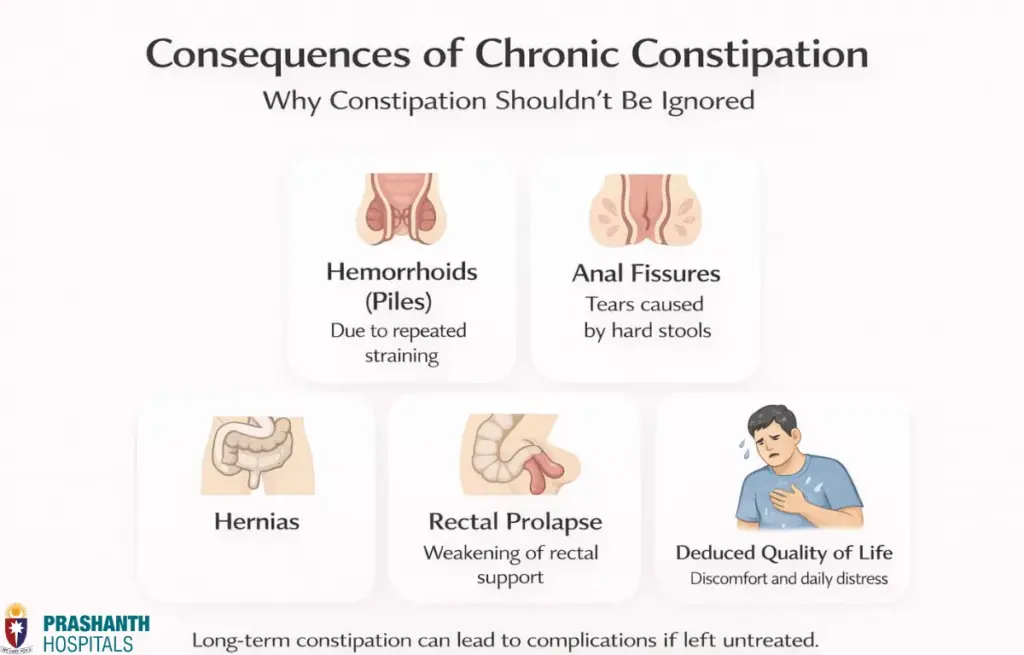
Causes of Constipation in Babies
Constipation can also affect infants and young children. Causes of constipation in babies are usually related to feeding habits or developmental factors.
- Changes in diet, such as switching from breast milk to formula
- Low fluid intake
- Delay in toilet training or withholding stools
- Certain medical conditions affecting digestion
Does Lack of Sleep Cause Constipation?
Sleep plays a key role in digestion and overall gut health. Many people ask, does lack of sleep cause constipation, and studies suggest that irregular sleep patterns can slow bowel movements.
- Disrupted circadian rhythm affects gut motility
- Fatigue may reduce physical activity and water intake
- Hormonal changes from poor sleep can affect bowel regularity
Importance of Visiting a Doctor
If you notice blood or tears near the anus, consult a doctor immediately to rule out serious conditions. Self-treatment can be risky as it may overlook underlying causes. A doctor can accurately diagnose the condition, identify the root causes, and provide appropriate treatment to prevent complications. Conservative management in the early stages includes dietary changes, hydration, and over-the-counter treatments. For severe or persistent cases, surgery may be necessary.
By following these guidelines, individuals can manage constipation effectively and avoid severe complications. Always consult a healthcare professional for persistent issues to ensure proper care and treatment.

